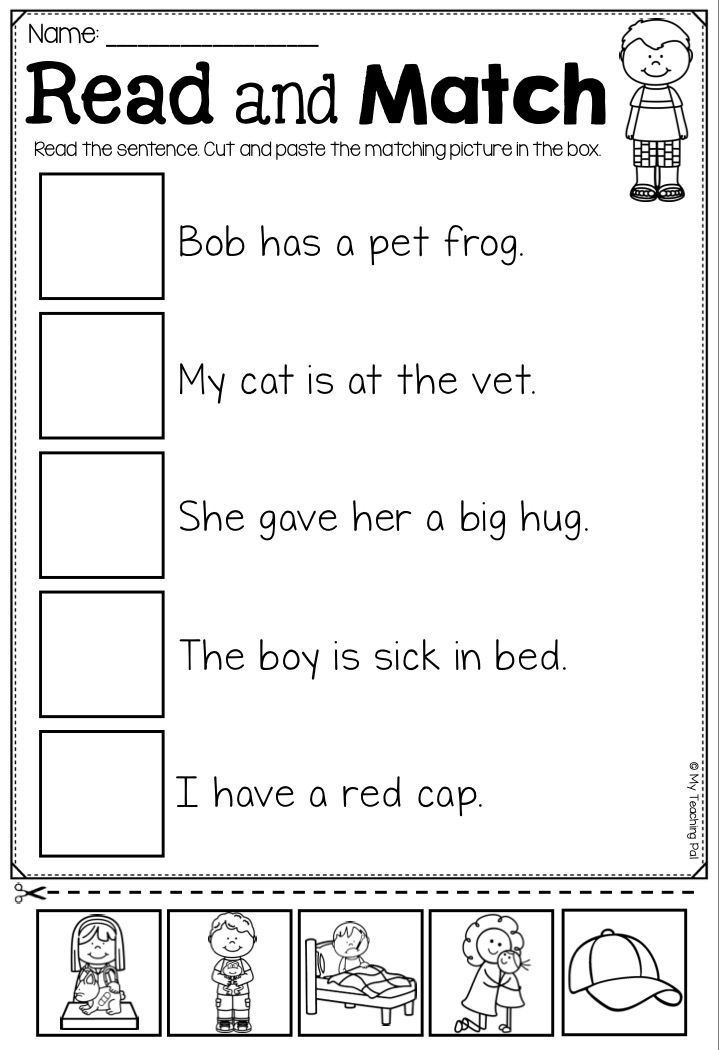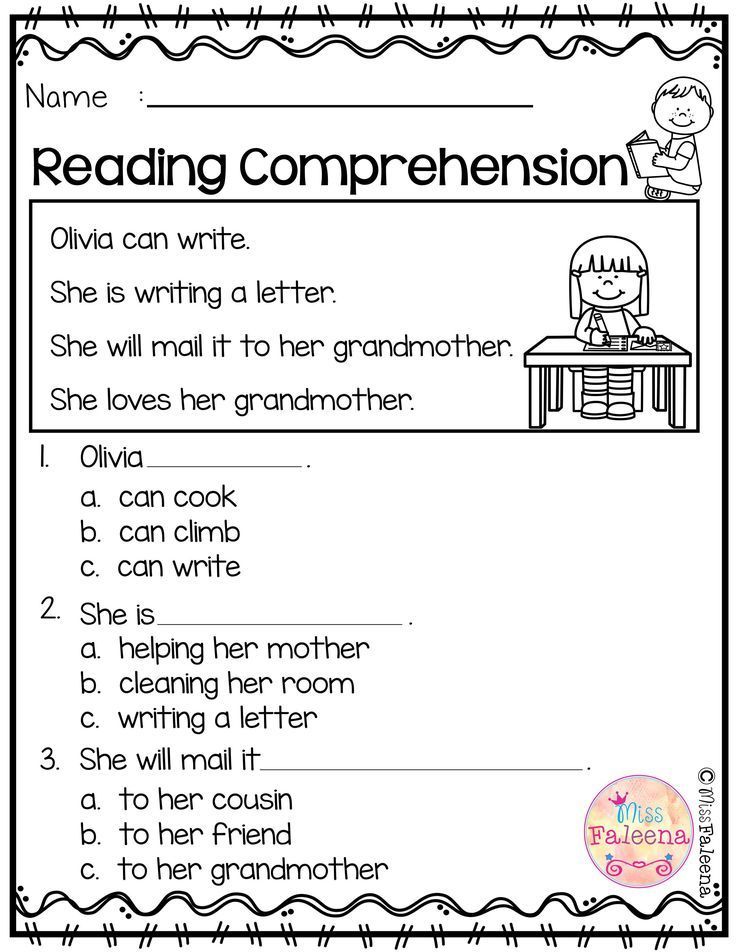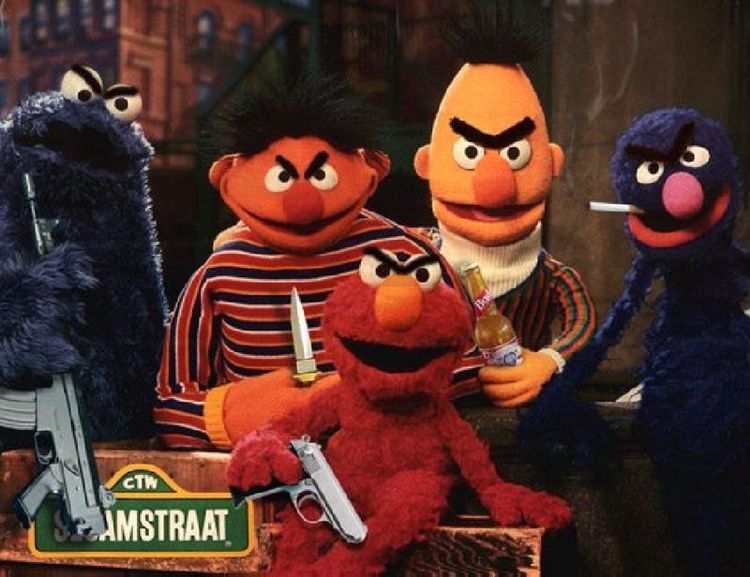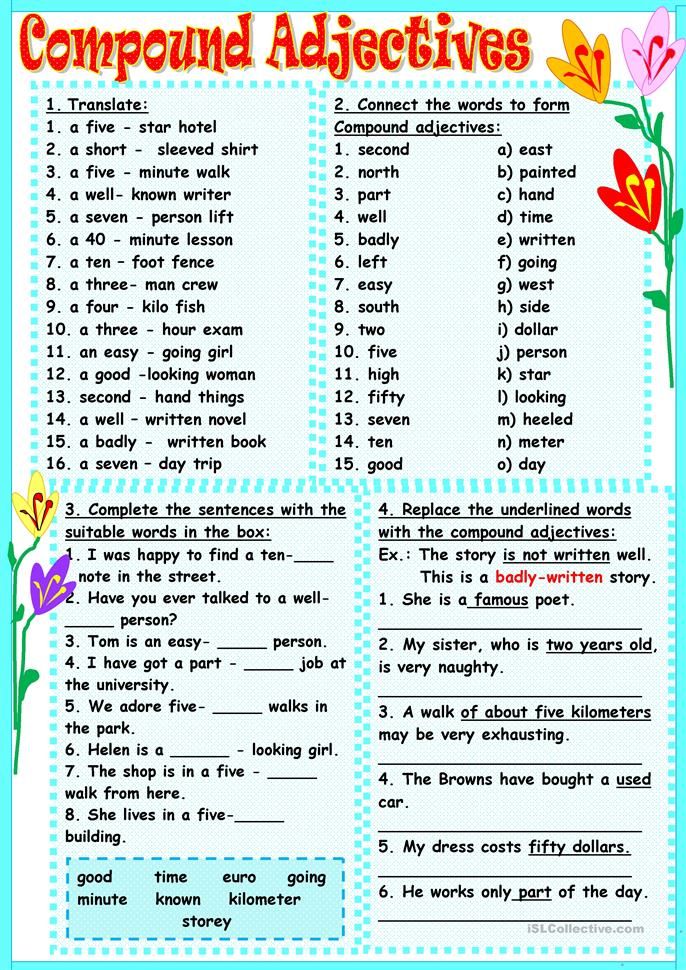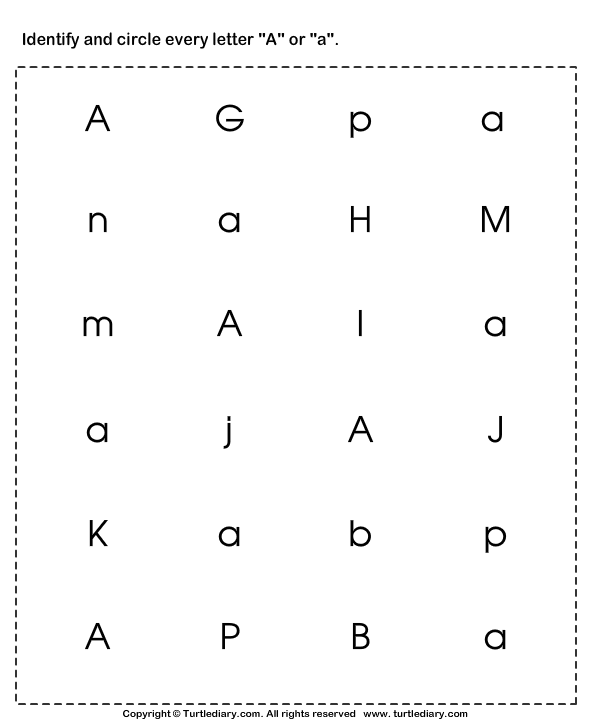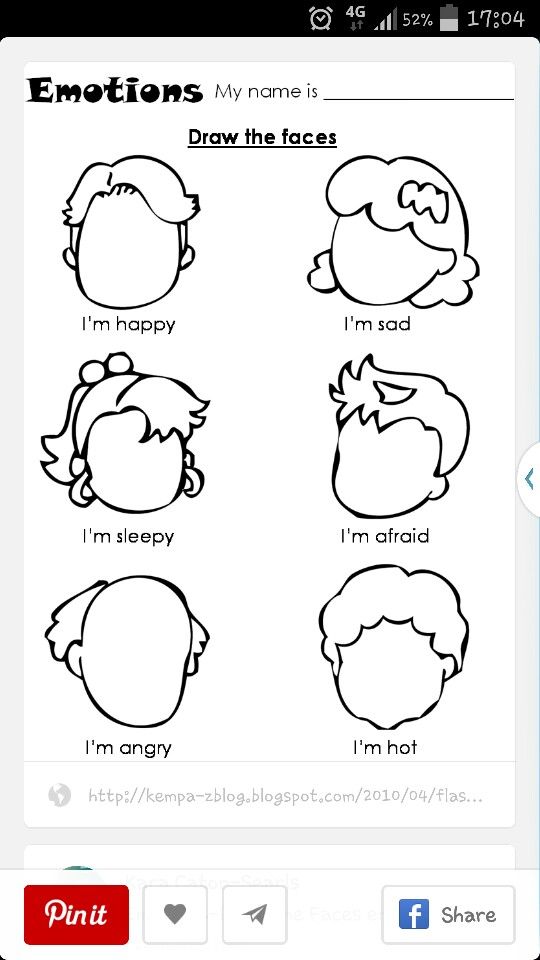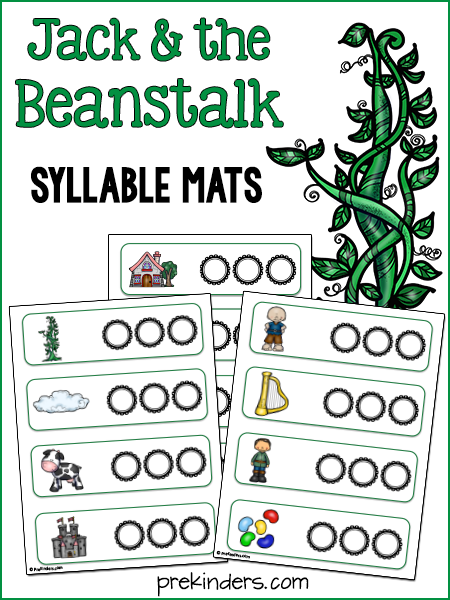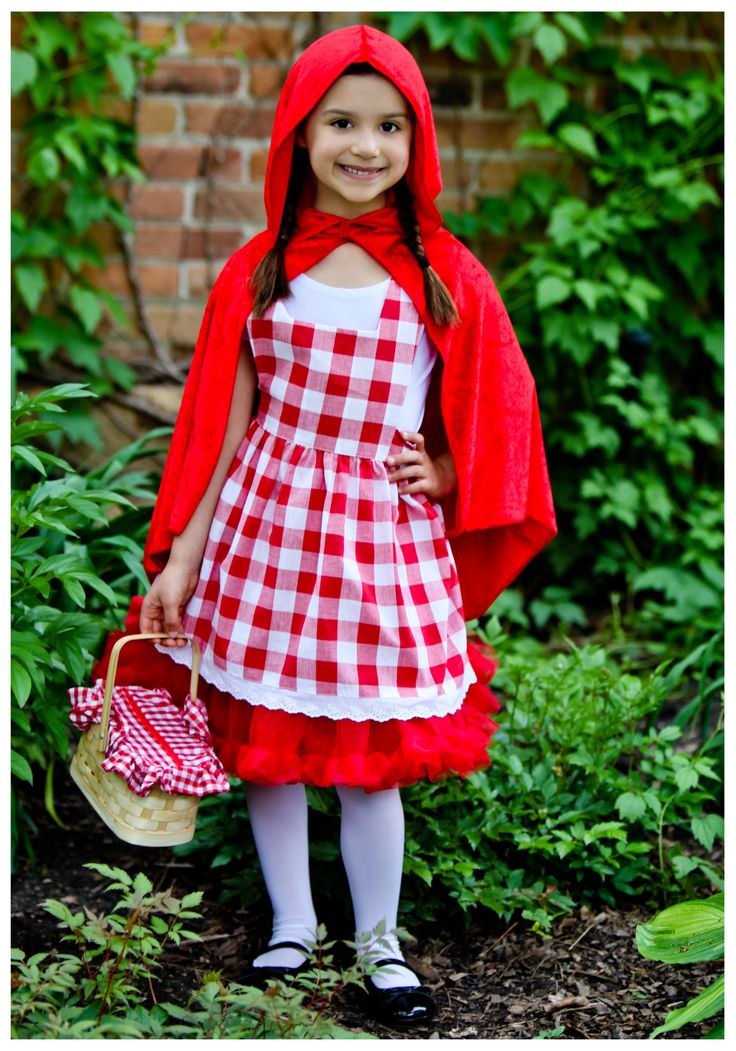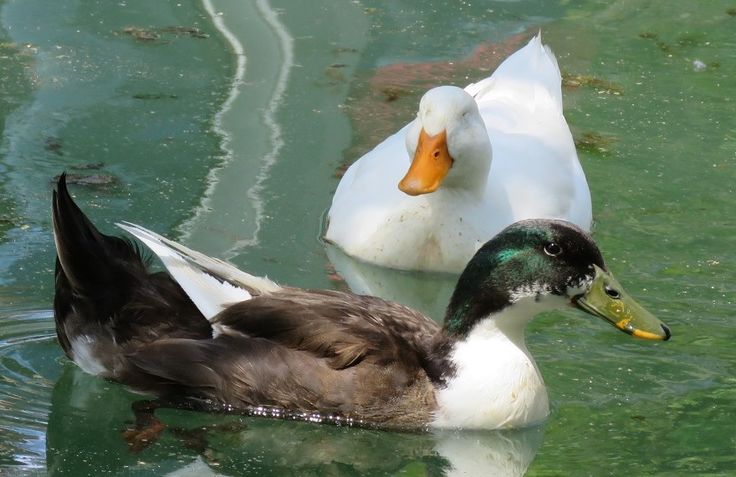Reading in preschool
Reviews 1 — Reading In Preschool
I have to say the CONFIDENCE that she has built in my children has been amazing. Scar is on her way to fully reading and Brooks has catapulted to a whole new level. I am not one to tutor but I am one for confidence and education and I have to say she has made a huge difference in my children’s lives. I’ve seen firsthand how her method works, and am excited to be able to share her information with everyone!— Molly Sims - Los Angeles
I like it alot.. your class is fun— 5 year old -NYC
This little cutie was so excited to see her teacher online the next day that she asked her mom to film her doing her Reading in PreSchool homework to send to her.
A great teacher inspires a love of learning! Shout out to @Samlopinto
“Love this program. ” - @gin.516 - NY
Thank you @jackiebrogadir for sharing the video!
In the few months that our son has been working with Reading In PreSchool, his world has opened up as he has starting to string letters together into words and sentences. As a psychotherapist, I have spent much of my career working with children and I have been so impressed by Liz’s ability to emotionally connect with our son, capitalize on his strengths and actually (at the age of four) get him to start reading and to be excited about doing so. She is effectively able to use play and humor to appeal to his intellect and her lessons are tailored to his needs.Liz has been able to cultivate a love of learning and reading in our child at an early age because she understands his abilities and is so encouraging and enthusiastic. This is something his teachers have been unable to do.— Katherine H. - Child Psychologist in Brooklyn, NYI know that the lessons he is learning with Liz will continue to help him as he embarks on bigger challenges and we are so grateful.
After one lesson my daughter’s entire attitude toward books changed from negative to positive, and she’s now reading and loving every minute of the lessons and begging me for books. My honest opinion is this is one awesome program. Book yourself a reading tutor!— Valoree H. Harlem, NY
Liz a phenomenal instructor. She developed a unique system that introduces reading to preschoolers. It is highly effective; my 3 year old was reading full sentences after just one summer! Our daughter is now in kindergarten and she loves reading so much that she even published her own book!— Laly, UES, 2019
Emma’s experience with you was amazing! Emma was 6 when we started.— Maria P. UWS, NYCShe wasn’t reading on her own and we started noticing her progress within the first month. Now she is now 8 and reads chapter books! Alicia will be ready for lessons soon!
Wow! This business produces real results!A friend used their services and saw their 4 year old jump to a second grade reading level within 6 months!We had the same astounding results with our 6 and a half year old daughter who jumped 7 levels, from B to J with in less than 4 months.— -P. M. Battery Park, NYC
Our reading tutor was a phenomenal instructor. She developed a unique system that introduces reading to preschoolers. It is highly effective; my 3 year old was reading full sentences after just one summer! Our daughter is now in kindergarten and she loves reading so much that she even wrote her own book— Laly K. Manhattan, New York, NY
Liz and Reading in Preschool was the best choice for my daughter.— Annie M. Gramercy, NYC, 2013My daughter Emma was 3 and she loved to read. Liz was very good with her lesson plans and the reading really just took off from there. Start them young and they will develop a love of reading.
Emma is now in First Grade and was tested and passed the third grade reading proficiency test! All thanks to you! We’ve moved, but please ship me your workbooks so I can start your program with Ella!— Annie M - 2016
LOVE LOVE LOVE!— S R. UWS.
My daughter LOVES reading now!. She is so proud and happy - just 6 weeks later (she was working on letters already) SHE IS READING. It is perfect - Liz comes to the house, natural, organic and no schlepping. Liz can adjust the times to longer as the child needs/wants.
My girls have always attended great progressive schools that emphasize reading ‘readiness’ over actual reading.— Jeff. W. HarlemMy older daughter who was four at the time, explained to me that she really wanted to learn to read. I knew the school would not officially begin teaching reading until 1st grade, and I wanted to support her in her desire to learn.
Liz came highly recommended by a former colleague and classmate from Yale, who raved that Liz had taught her children to read and that they were several years beyond their classmates.
Liz has not disappointed; I’ve always been thrilled with the her work with my girls. She challenges them in a gentle and nurturing way, and she makes house calls which is so convenient. Even my youngest daughter who started with Liz at age 3, and who prior to the classes used to say that “reading is stupid”, can now read at a 2nd grade level and hasn’t yet started kindergarten!
Both girls have seen Liz twice a week for about a year, and it has been a very positive experience. Thanks Liz!
My 5 year-old-daughter has improved so much in her literacy skills.— Rachel R. Battery ParkSince she’s not an native english speaker, I was concerned about her school year in kindergarten. After just a few months with a Reading in Preschool tutor, she is up to par! Thanks!
Reading was always a struggle with my 7 yr old daughter. After a couple of months with two wonderful tutors (Alison & Claire) I have noticed the confidence building and reading has become a real pleasure. You have truly changed our everyday (homework) lives!! Thank you Reading In Preschool! I would highly recommend their services! Liz is so accommodating and really knows how to match her teacher’s with kids. Thank you Thank you Thank you! — Samantha R. Battery Park
Liz has been nothing short of amazing with both of my children. They both adore her. We started when my son was 5 years old. He had so much success so quickly we started our 3 year old daughter.— Rose C. UESOur daughter who is now 4 is reading at a kindergarten level. I would highly recommend Liz and her team to anyone who is interested in accelerating their children’s reading abilities.
My son (in kindergarten) was having some trouble with letter recognition and letter sounds at the beginning of Jan. We started working with Reading in Preschool once a week and after just 2 classes I began to notice significant change, not just only in what he was now able to do on his own and recognize -but in his confidence and attitude towards learning. Two and a half months later, he can’t wait for his weekly session, he is excited to show his tutor the work he did during the week, he has started to write in a “diary” daily, sounding out words bigger then him and writing pages upon pages for hours. His tutor Dominique has found a way not just to relate to him but to connect and teach him in a way through creative play and games so he doesn’t even realize he is doing “work”.— Cari G. Battery Park CityEach week she brings new tools and word play to engage him and he can’t wait to see what’s next. His teacher just reassessed him this past week and not only did he know every single letter /upper and lower combo but mastered all sounds 100% which he only knew about 1/8 of a couple of months ago. It has been incredible watching him grow and learn in such a short period of time.
If there were more STARS to give Liz would have them all. She is amazing. We have been using Liz for about a year and a half. I have a 5 year old and a 3 year old. My 5 year old started reading this past spring (after 10 months at age 4 years and 10 months), and is now on chapter books. My 3 year old is beginning to read short words. The best part about Reading in Pre school is that my children LOVE going to their lesson. It is not a chore for them to have a reading tutor. Having Liz has helped them to develop an even better relationship with books, reading, writing and studying overall.My children run to the door when Liz arrives, and they are eager for their lessons. Her patience is bar none. She makes reading and writing fun for the children. I would highly recommend Liz to anyone who is looking to teach their children to read or even just develop a love for learning. She is the best!
I year later and both kids are a grade level ahead!! I recommend this program without reservation. Best return on investment I have ever received. Thank you Liz!— Seanna Thompson, NYC
Liz is amazing! Through reading games she provides the tools needed to succeed. In a few short months my child not only became an independent reader but an avid one and now reads two grade levels ahead. Liz makes learning fun and inspires kids to reach their full potential.
3/17/2018— Gillian M.My son is in Kindergarten and we started using Reading in PreSchool in the beginning of the school year.
He has OT and speech issues so he is pulled out of class a lot and we thought this would be a great way to supplement what he gets in school and make up for the time he misses.
When he started Kindergarten, not only could he not read but he seemed to have no interest. Elizabeth (Liz) connected us with her tutor Emily who was a perfect match for our son and thanks to Reading in PreSchool, he has not only started to read but he loves it! Emily plays games with my son, which he loves and which get him excited about words and reading.Each week, she gives him flashcards to study and now that he is starting to read, they also make up stories and during the week, he reads them in preparation for his next lesson. They are usually silly which he loves and since he helps to write them, not only is that more exciting for him but he loves to read them to the rest of the family. Emily also works with him on writing letters and drawing pictures which helps him with his OT issues as well - amazing! Moreover, each month they email the parents a detailed progress report which tells you what they’ve been working on, what the goals are for the next month, and areas of improvement.
This information is useful for everyone but can be especially helpful for working parents who cannot be around during the lesson. Reading in Preschool has been invaluable for my son.
5/5/19
Going into First Grade a whole grade ahead in the Fall! Thank you!!!!!!
Beginning of 1st grade, we learned that our son is on the tail end of entire grade in reading readiness. With Liz’s approach (we worked with both, liz and Katie) he went from level A to level J in 6 months. And we think he caught the reading bug along the way! Moving on to chapter books. Would highly recommend!— Alina A, West Village, NYC
We have used Reading in Preschool for the past two years and could not be happier! My daughter’s tutor was fun, creative and highly effective at teaching her all the basics of reading and writing. I couldn’t recommend them more! Ask for Katie!— A.
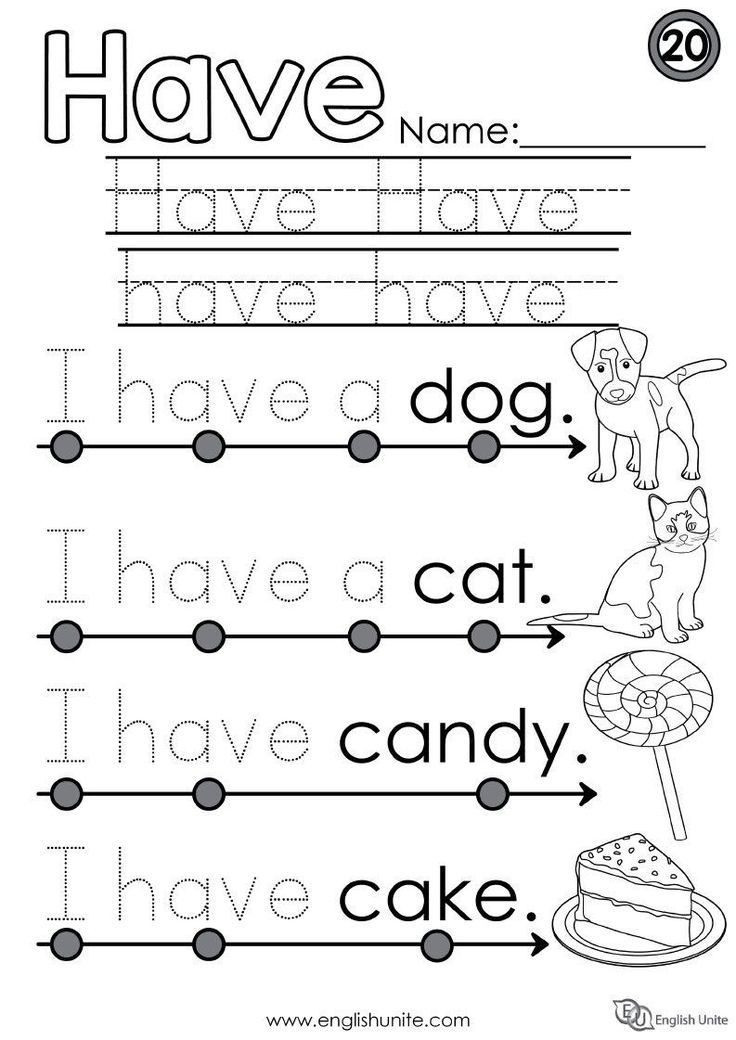 UES, NYC
UES, NYC Reading Tips for Parents of Preschoolers
By: Reading Rockets
Read early and read often. The early years are critical to developing a lifelong love of reading. It's never too early to begin reading to your child! The tips below offer some fun ways you can help your child become a happy and confident reader. Try a new tip each week. See what works best for your child.
These tips for parents of preschoolers are also available as a one-page handout to download and print.
Read together every day
Read to your child every day. Make this a warm and loving time when the two of you can cuddle close.
Give everything a name
Build your child's vocabulary by talking about interesting words and objects. For example, "Look at that airplane! Those are the wings of the plane. Why do you think they are called wings?"
Say how much you enjoy reading
Tell your child how much you enjoy reading with him or her. Talk about "story time" as the favorite part of your day.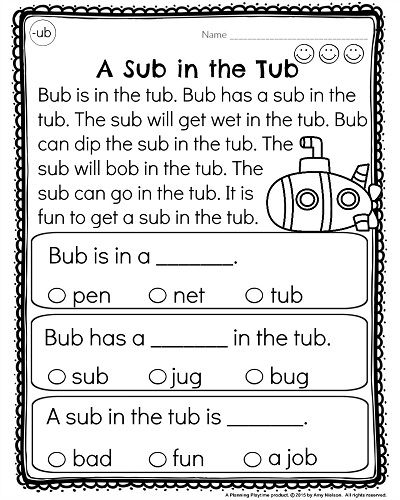
Read with fun in your voice
Read to your child with humor and expression. Use different voices. Ham it up!
Know when to stop
Put the book away for awhile if your child loses interest or is having trouble paying attention.
Be interactive
Discuss what's happening in the book, point out things on the page, and ask questions.
Read it again and again
Go ahead and read your child's favorite book for the 100th time!
Talk about writing, too
Mention to your child how we read from left to right and how words are separated by spaces.
Point out print everywhere
Talk about the written words you see in the world around you. Ask your child to find a new word on each outing.
Get your child evaluated
Please be sure to see your child's pediatrician or teacher as soon as possible if you have concerns about your child's language development, hearing, or sight.
Reading tips in other languages
A downloadable handout, for parents of babies, toddlers, and children in preschool to grade 3, is available in the following languages:
Reading tips for parents of…
Reading Rockets (2021)
Reprints
You are welcome to print copies or republish materials for non-commercial use as long as credit is given to Reading Rockets and the author(s).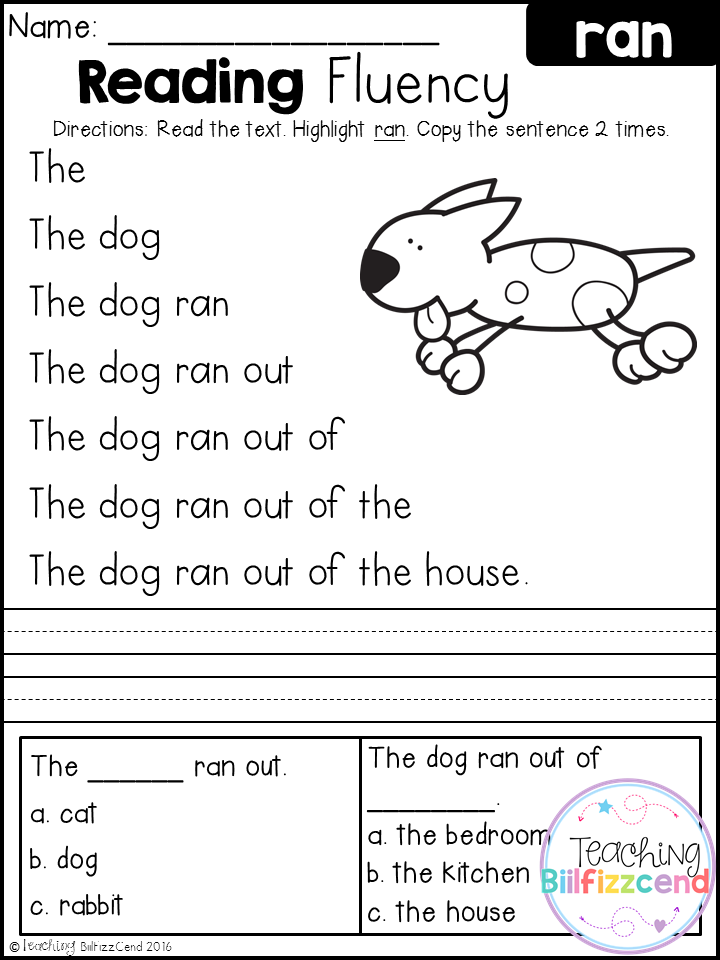 For commercial use, please contact [email protected]
For commercial use, please contact [email protected]
Related Topics
Early Literacy Development
Oral Language
Print Awareness
Reading Aloud
Vocabulary
New and Popular
Cracking the Code: How and Why Big Horn Elementary School Went All-In with Structured Literacy
Print-to-Speech and Speech-to-Print: Mapping Early Literacy
100 Children’s Authors and Illustrators Everyone Should Know
A New Model for Teaching High-Frequency Words
7 Great Ways to Encourage Your Child's Writing
Screening, Diagnosing, and Progress Monitoring for Fluency: The Details
Phonemic Activities for the Preschool or Elementary Classroom
Our Literacy Blogs
“It Works” and Other Myths of the Science of Reading Era
Kids and educational media
Meet Ali Kamanda and Jorge Redmond, authors of Black Boy, Black Boy: Celebrating the Power of You
Get Widget |
Subscribe
Books for preschoolers, reading for preschoolers, reading to school
All parents want their child to grow up to be kind, versatile, successful.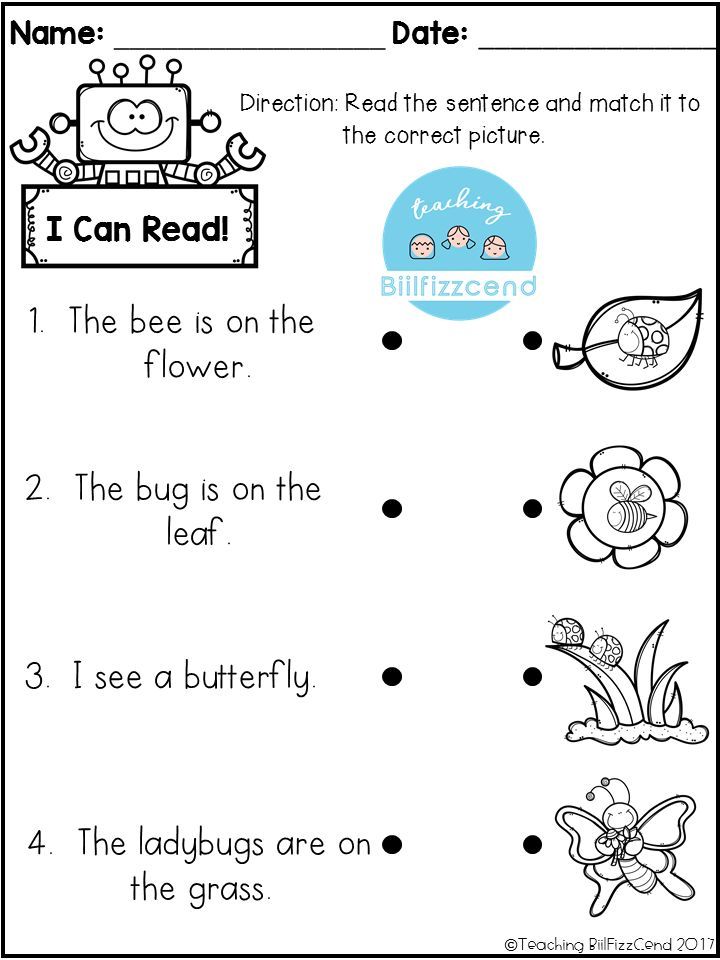 Let's try to figure out how to get closer to this goal already in preschool age.
Let's try to figure out how to get closer to this goal already in preschool age.
Reading at preschool age opens up a magical world
Reading at preschool age opens up a magical world. The young reader easily gets used to the roles of the main characters of the works, faces difficulties together with them and finds a solution. This develops social skills, instills the foundations of morality - the concepts of good and evil, good and bad. Reading books to preschoolers develops the flexibility of the mind, makes the child's speech rich and correct, and, of course, prepares for successful schooling.
The magical world of books
To instill in a child a love of reading means to ignite the perpetual motion machine of curiosity. How else can you feel like a traveler, meet fabulous characters, visit the most amazing places and unfamiliar countries? Book lovers are never bored, the book is their eternal friend and adviser in difficult times. Models of various life situations drawn from literary works will be useful in solving your own problems and achieving your goals.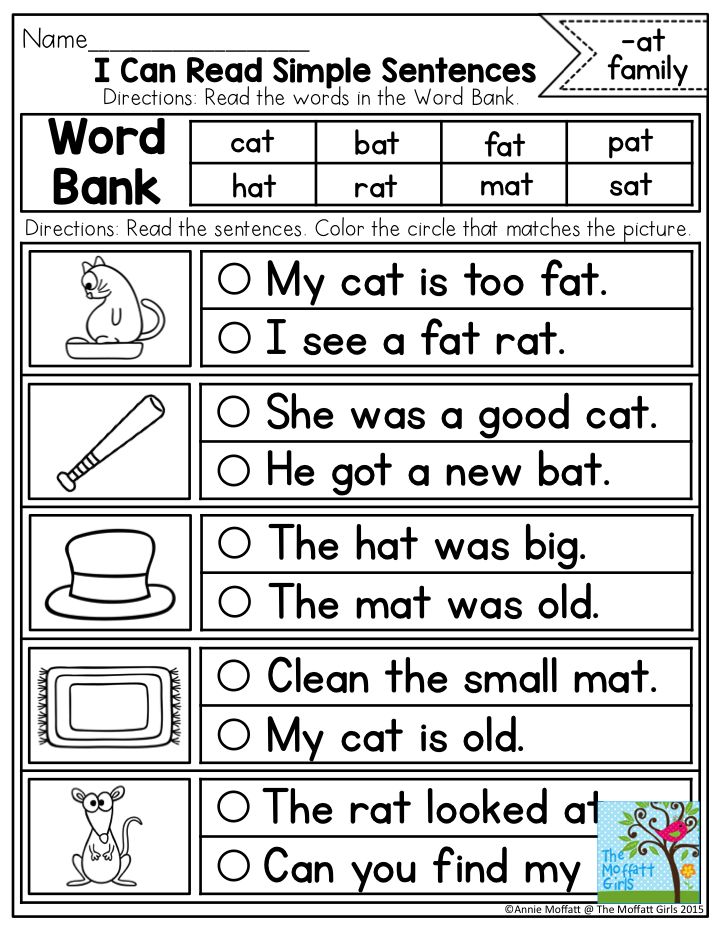
Books open up a new world and give the keys to all doors
Reading List
It would probably be very arrogant for us to recommend certain books for reading. We refer to a selection of highly experienced educators and teachers who have developed an excellent pre-school reading list. "The program of education and training in kindergarten" edited by M. A. Vasilyeva, V. V. Gerbova, T. S. Komarova is officially approved by the Ministry of Education of the Russian Federation and is widely used in kindergartens. You can get acquainted with the program and even download some works in electronic form here:
Reading Suggestions for Preschoolers
Don't Rush to Prose
From birth until about age 5, toddlers show an exceptional affinity for rhythm, rhyme, and expressive storytelling. Most children like poetry more than prose. Therefore, Russian folklore, which has rhythm and vivid presentation, is very important, as are the verses of the classics of children's poetry.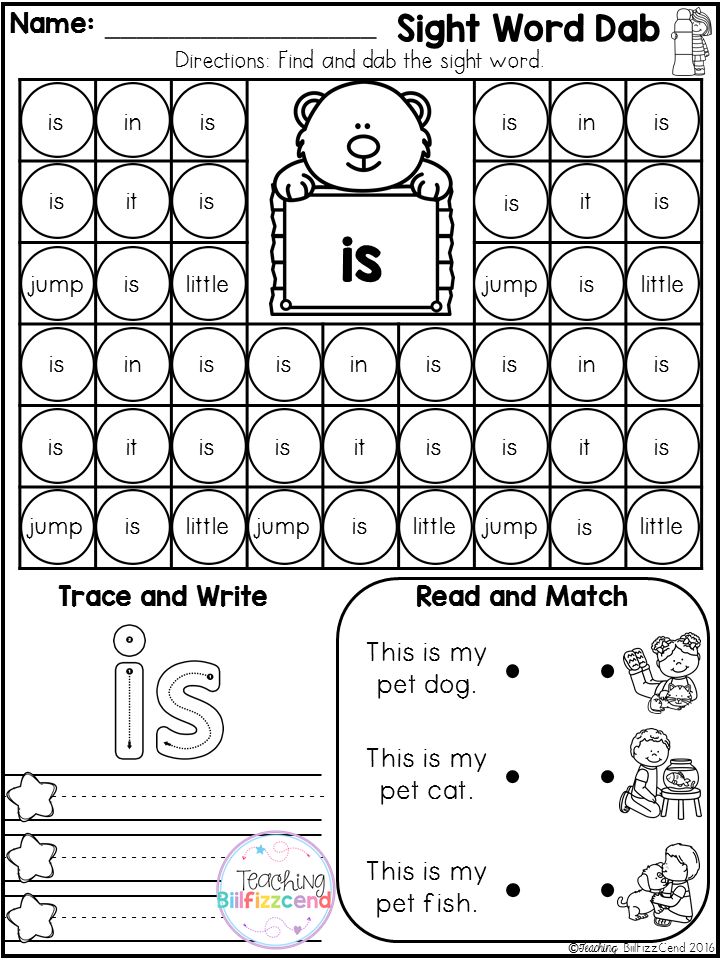 Since parents have a strong influence on the preferences of the child, there is a temptation to immediately jump to prose, because adults sometimes find children's poems boring and devoid of a plot component. Do not rush to remove songs, poems and nursery rhymes from the children's shelves, let the baby choose the works that interest him. When the child is ready, he himself will show interest in Nosov's adventures and stories.
Since parents have a strong influence on the preferences of the child, there is a temptation to immediately jump to prose, because adults sometimes find children's poems boring and devoid of a plot component. Do not rush to remove songs, poems and nursery rhymes from the children's shelves, let the baby choose the works that interest him. When the child is ready, he himself will show interest in Nosov's adventures and stories.
It is convenient and pleasant to read books in nature
Choose books with good illustrations
A child of preschool age largely relies on visual images, so for reading to preschoolers, choose books that have more bright, understandable illustrations. An excellent book format is thin books containing one work. Usually they are full of drawings. In addition, thin books leave the child with a sense of completion after reading and help to avoid the persistent "Mom, now let's read the next fairy tale!" When it's time to sleep. Thin books are convenient to take on trips, it is easier for a child to hold and flip through them.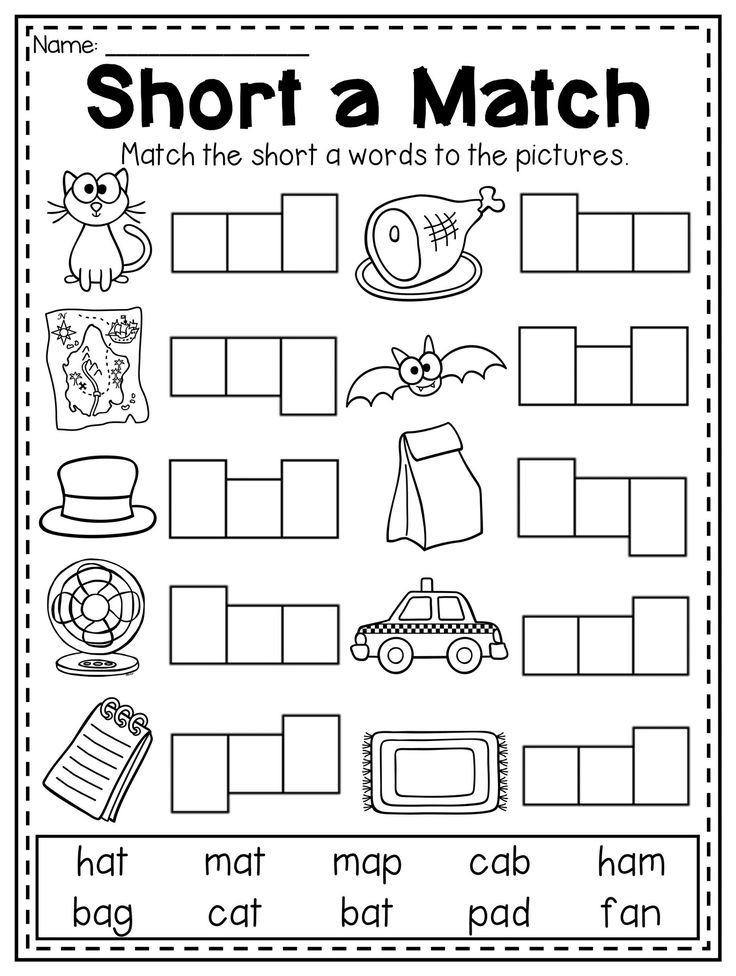
Quality illustrations can be as impressive as the story itself
Consider the context of the work
This may seem obvious, but it is necessary to take into account the seasonality of the works, removing books about snowmen in time when the leaves are already blooming on the street. It is very useful to link books to events that take place in the life of a child, this increases their relevance and interest in the eyes of a young reader by an order of magnitude. For example, before going to the zoo, read V. Bianchi, and take a book with you. Go to the "Nutcracker", get acquainted with the history of the fairy tale in abbreviation. Children really like to draw parallels between various events in their still small life.
Explore fantasy worlds discovered by books
Reading, develop!
Reading books will help preschoolers make friends with the world by building a model of life from the building blocks of goodness and justice.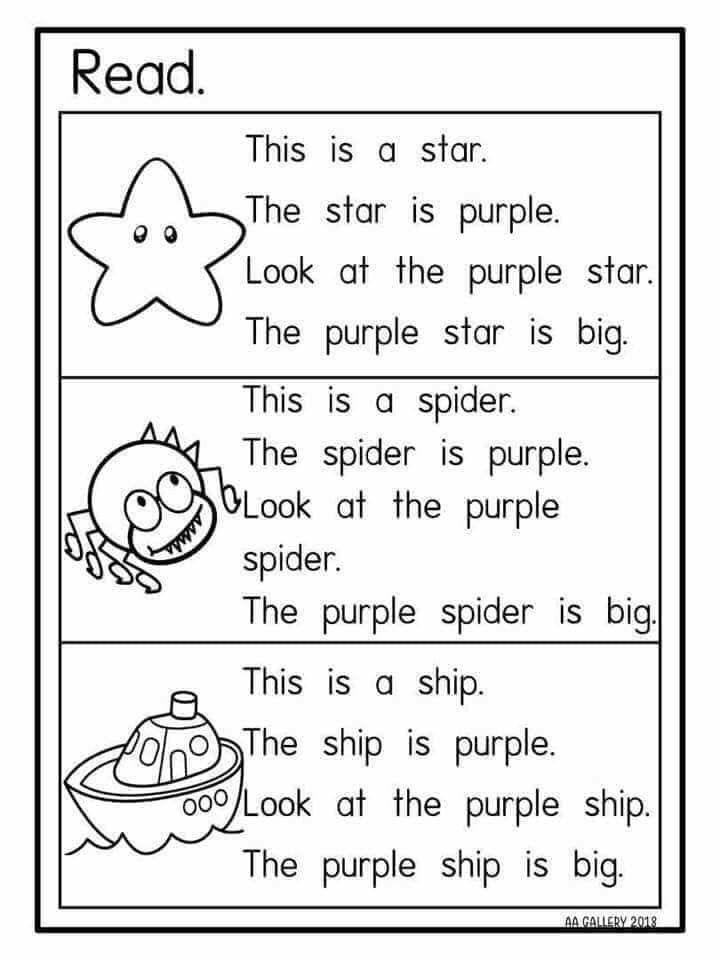 Becoming happy is not easy, but only in the joy of perceiving each situation can you appreciate peace and gain a vision of the shortest path to your goal. Books will help you with this. They not only beckon us with ideals, but also indicate the ways to achieve them. Books teach a child to think, analyze and express their opinion about what is happening in the world. Books magnetize the needle of the inner compass of principles and morality, self-confidence and purposefulness. Read to develop your mind and soul.
Becoming happy is not easy, but only in the joy of perceiving each situation can you appreciate peace and gain a vision of the shortest path to your goal. Books will help you with this. They not only beckon us with ideals, but also indicate the ways to achieve them. Books teach a child to think, analyze and express their opinion about what is happening in the world. Books magnetize the needle of the inner compass of principles and morality, self-confidence and purposefulness. Read to develop your mind and soul.
An excellent selection of children's books of various formats, from thin books to readers,
you can find in White Rabbit stores. Develop with us!
Ready for school guide
- Back to guide
- Next step: Choosing a backpack
- Previous step: How do I enroll in a school?
Article: "The role of reading to preschool children" | Fiction article:
Article: "The role of reading to children of preschool age"
Skrypnik G.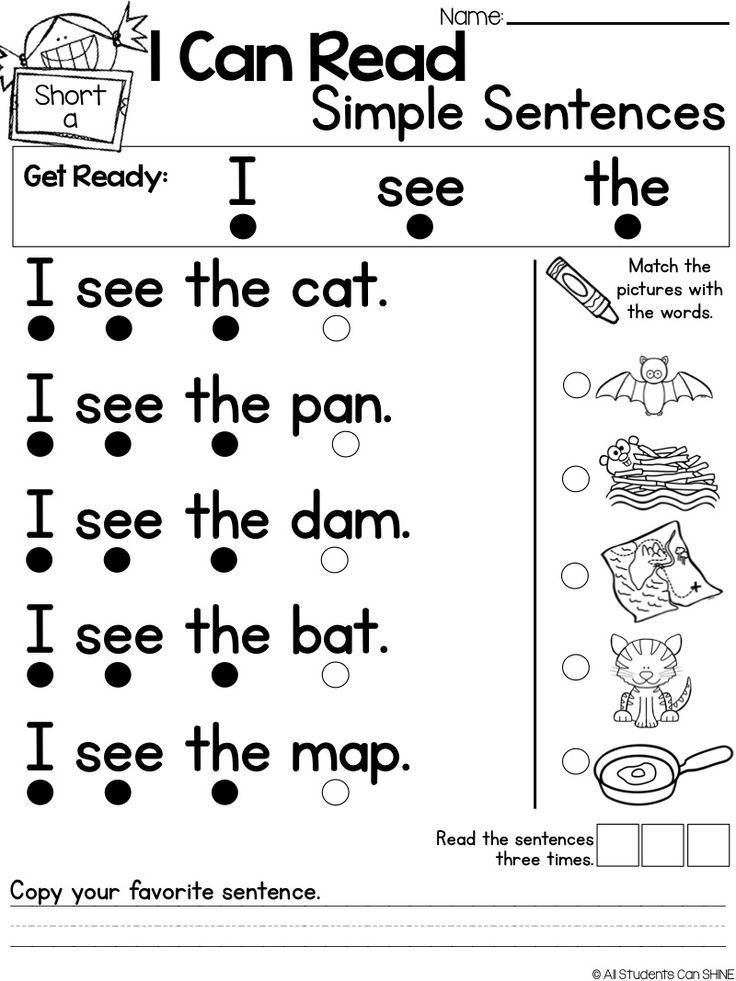 V. GBDOU d / s No. 28
V. GBDOU d / s No. 28
Nevsky district of St. Petersburg
Perhaps there is no such child who would not like to listen to reading aloud, and most parents enjoy reading to their kids, but few people think that family reading can serve the early development of the baby: reading develops hearing, memory, strengthens the bond between the parent and the child, it can push the child to independent reading or inspire a creative impulse. The kid's fantasy is constantly working: often reading books inspires the child to invent the continuation of the story he likes. You yourself will listen with interest from the child to his own options for the development of further events in the book. For the smallest, reading is, first of all, communication with parents, according to the terminology of the outstanding American psychologist J. Campbell, a period of “close attention”, which is urgently needed for any child. A child appreciates the time when dad or mom put off all things, put the baby on their knees, and they read their favorite book together.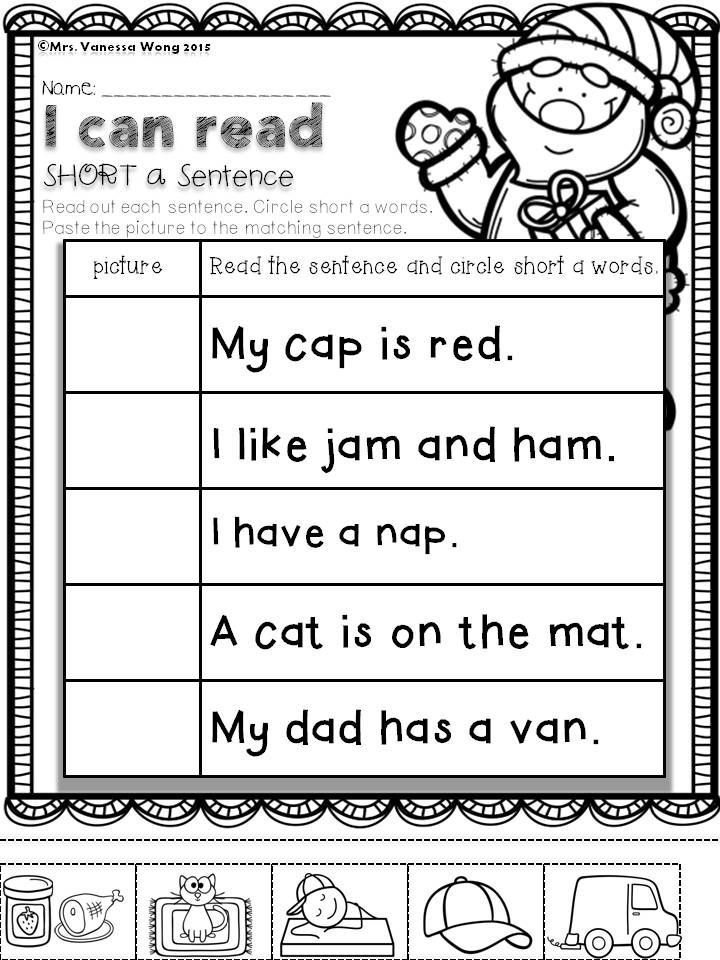 You can cling tightly to your mother, hear her voice, empathize with your favorite characters with her, laugh at their adventures.
You can cling tightly to your mother, hear her voice, empathize with your favorite characters with her, laugh at their adventures.
A lot of works that are written for preschool children form in them the right attitude to nature, the ability to carefully handle living beings; form a positive attitude towards work, form knowledge about the work of adults, about the organization of labor activity. All this contributes to the educational opportunities for teaching children labor skills. Mastering skills raises labor activity to a higher level of development, allows the child to set and achieve goals; ensures a more complete and successful use of labor activity as a means of moral education.
A reader in a child will grow up when literature, a book correspond to his worldview, his needs, his spiritual impulses, when the book contains an answer to a question that is still ripening in the mind, when emotions are anticipated. The circle of children's reading is the circle of those works that I read (or listen to reading) and perceive by the children themselves.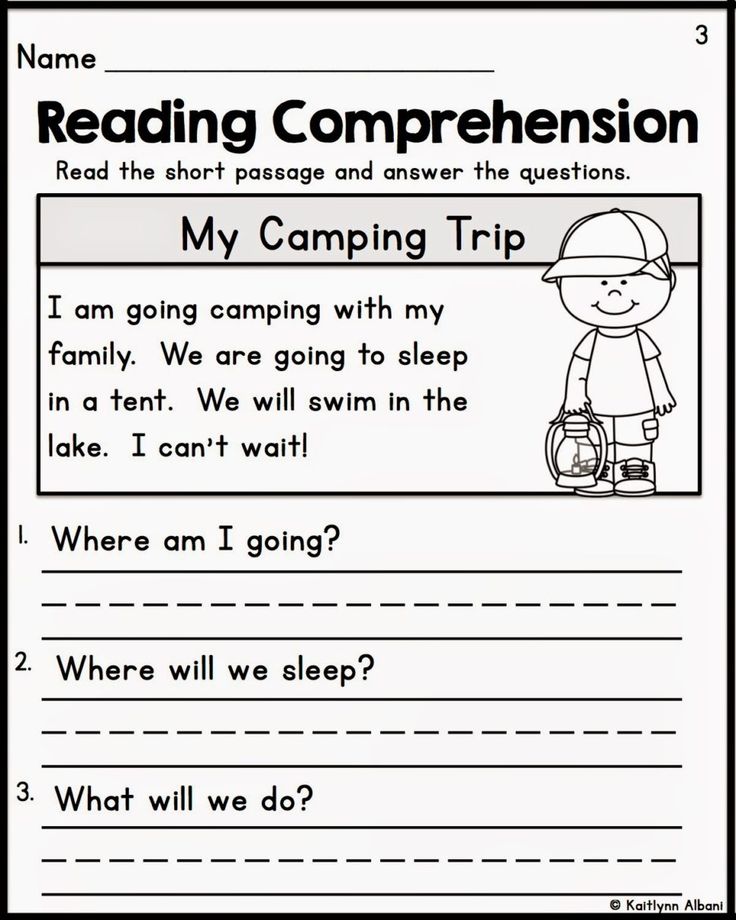
The reading circle of preschoolers is changing especially rapidly. Here, in fact, each year of a child's life has its own works. And what sounded to the baby of the second year of life and understood by him, the five-year-old will be uninteresting or will be rethought by him. For children 6-7 years old, more voluminous books are needed that require reading with a continuation, having a multi-way plot, a large number of characters, and complex artistic techniques.
Thus, the selection of literature for children's reading depends on the age of the child, on his passions and preferences, but not only ...
The selection of literature for children's reading is greatly influenced by the historical and moral time in which the reader-child lives. Choosing a book to read to a baby today, we must definitely think about its focus on the formation of positive emotions of the child, positive activity. The nature of art is such that it inspires a person, including a small one, to some accomplishments, deeds, actions.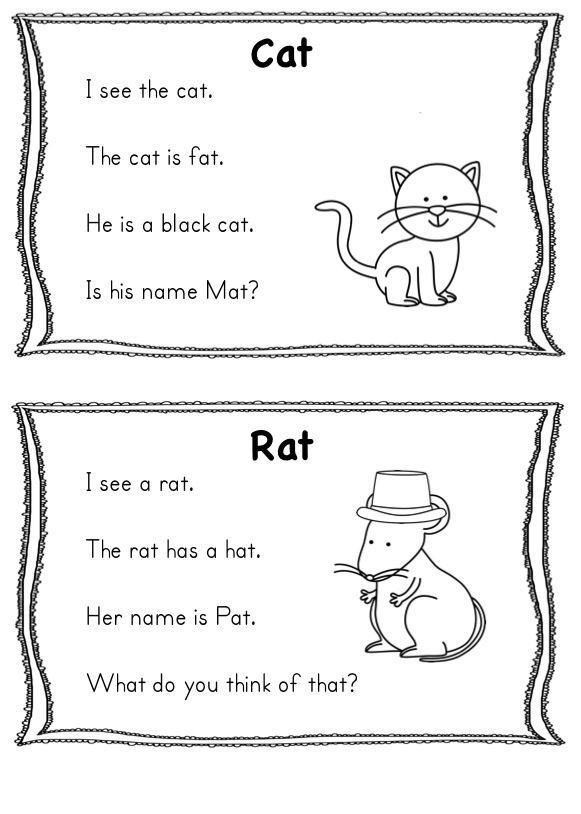
For preschool children it is necessary to choose literature with vivid illustrations.
One should also keep in mind the thematic diversity of the works. In children's reading, all topics should be presented: the theme of children's games and toys; the theme of nature, wildlife; the theme of the relationship between children and adults, relationships in the children's team; the theme of the family, debt to parents, relatives; theme of childhood the theme of honor and duty; the theme of the war; historical theme and many others. It is desirable to present all these topics to the child both as eternal and as sharply modern.
It is also necessary to remember the variety of author's names, which will show the child a variety of approaches to depicting something or, conversely, one and the same approach, which will be perceived as the only true one in relation to the depicted.
Proper selection of literature for children's reading involves taking into account the gender differences of children.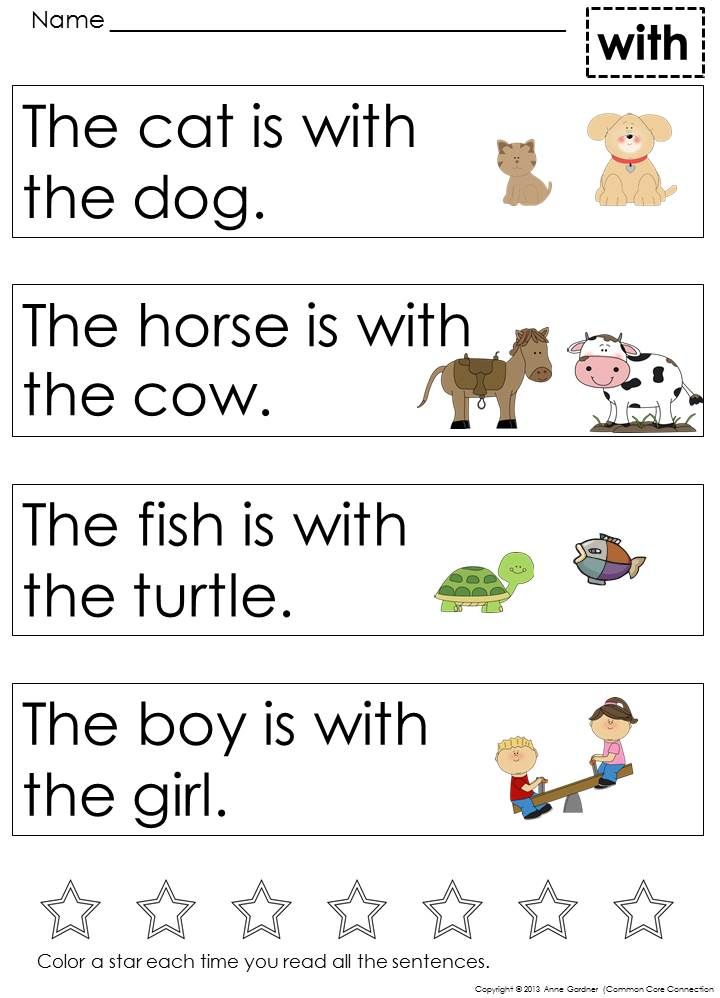 This does not mean that boys and girls should read completely different literature. This means that an adult who selects literature for reading to children must take into account that girls need to read more books that talk about women's virtues, housekeeping, and women's destiny. Boys will be interested in literature about strong, courageous people, about travel, inventions, human behavior in emergency situations, and so on.
This does not mean that boys and girls should read completely different literature. This means that an adult who selects literature for reading to children must take into account that girls need to read more books that talk about women's virtues, housekeeping, and women's destiny. Boys will be interested in literature about strong, courageous people, about travel, inventions, human behavior in emergency situations, and so on.
It is logical to remember the seasonal principle in the selection of literature for reading, because in the hot summer time it is inappropriate to read about how “white fluffy snow is falling and spinning”.
The circle of children's reading should include works imbued with humanistic ideas, carrying the eternal values of goodness, justice, equality, work, health and happiness, peace and tranquility for everyone. The works are moral, but not moralistic. Literature for children should not set itself the task of correcting morals. It is designed initially to talk with the child about what the ideal is and what are the ways to achieve it, what is the eternal truth and how to follow it, what are the true values and what are the false ones.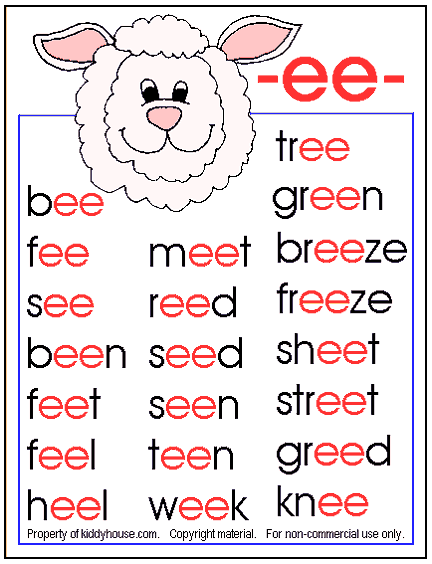 Its task is to teach the child to think about what is happening around, analyze and draw conclusions. She must develop his mind and soul.
Its task is to teach the child to think about what is happening around, analyze and draw conclusions. She must develop his mind and soul.
How to teach a child to read?
1. Personal example. If a child constantly sees his mother with a glossy magazine in his hands, and his father is buried in a computer monitor, he is unlikely to inflame with a love of reading. And if you yourself love to read, you know many authors and works, you can quote some lines, the child will be drawn to the same. 2. The right to choose. Don't force your child to read the book they don't want. Parents are often afraid that their children may choose a “bad” book, so they insist on the literature that they themselves like. In this case, you can try to compromise: the child chooses one book to his taste, and reads the other on the advice of his parents. 3. E-books. As a rule, modern children are not indifferent to various technical innovations. Try to instill a love of reading with the help of e-books, the so-called reading gadgets, where you can upload any work you want.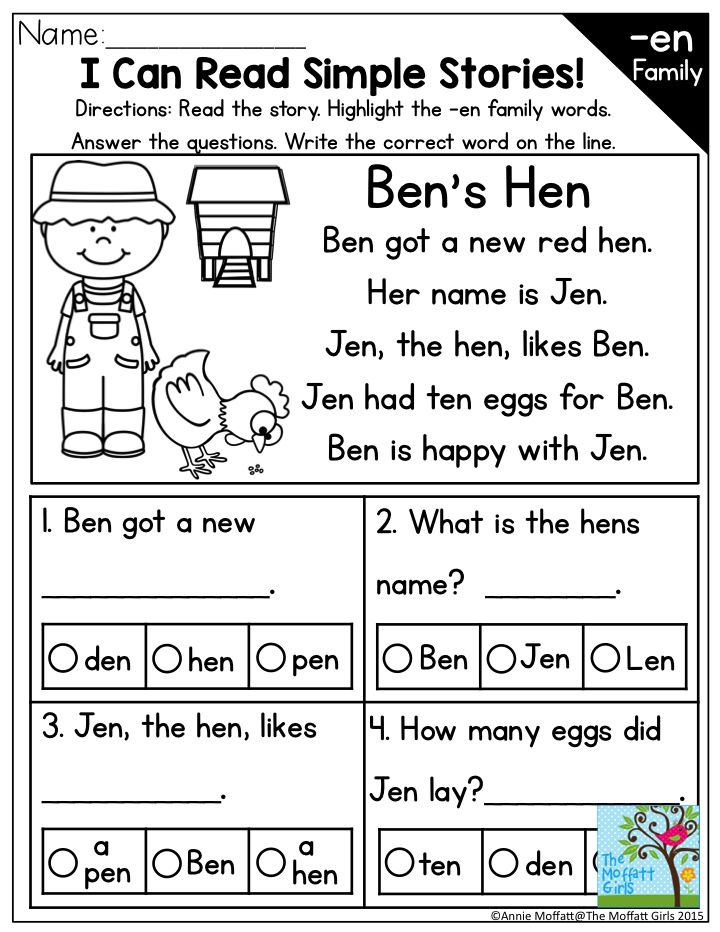 Of course, they do not have that charm that is present in ordinary books - the rustle of pages, colorful illustrations. But after all, our children are different, so let them choose those books that are convenient for them.
Of course, they do not have that charm that is present in ordinary books - the rustle of pages, colorful illustrations. But after all, our children are different, so let them choose those books that are convenient for them.
4. "Star" authority. There is another way to teach a child to read - to refer to the authority of an idol that is not indifferent to your child. Tell us that many actors and famous musicians in their interviews recall with pleasure the impressions of the books they read, moments from the works that inspired them or helped them achieve success. Sometimes one mention of an idol is enough for a child to pick up a book.
5. Discuss the book you have read together. This will help your child not only deal with impressions, but also express thoughts and emotions. If you show your interest in the child's personal opinion, this will also increase interest in reading.
6. Surprise in the book. Suggest a work that you yourself read as a child. Put a beautiful bookmark, postcard or just a note in the book with the words how much you love your child.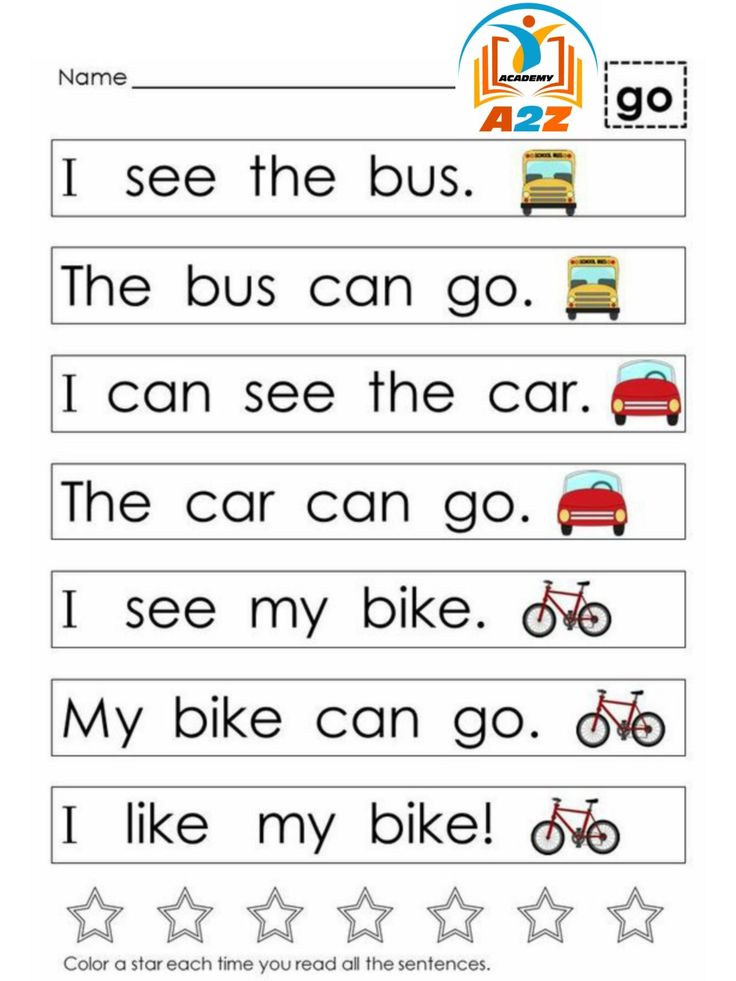
So, in preschool childhood, it is important not to teach children the technique of reading, but to form in them the need to read books. Then, at primary school age, the child will easily and quickly master the ability to read.
Thus, a positive attitude to the book, to the process of reading, brought up at preschool age, will become the foundation for a child's successful education at school. And the book will become a good friend, adviser and helper of the child throughout his life.
Literature:
1. Gurovich M. M. The child and the book./ M. M. Gurovich — Childhood-press, 2004. 2. Vygotsky L. S. Imagination and creativity in childhood. Vygotsky - St. Petersburg, 1997. 3. Kudryavtsev V. Child's imagination: nature and development: St 1 / V. T. Kudryavtsev // Psychological Journal.-2001. 4. Wenger L. A., Wenger A. L. Home school of thinking. / L. A. Wenger, A. L., Wenger - M .: Knowledge, 1985. 5. Simanovsky A. E. Development of creative thinking of children.